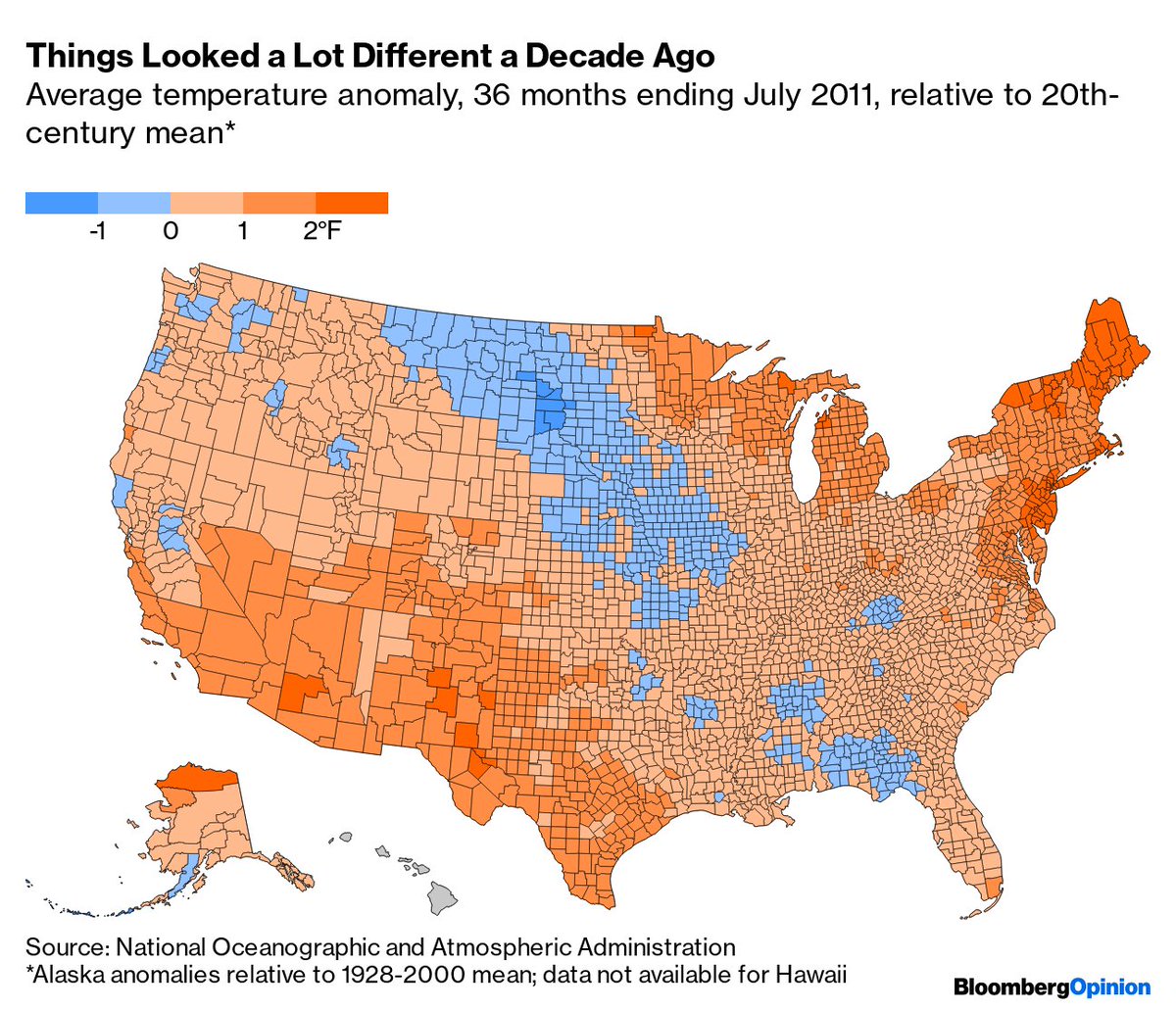Just heard someone on the radio saying (I think) that the 32% annualized GDP gain forecast for 3Q by @AtlantaFed #GDPNow would wipe out the 31.7% 2Q decline. It doesn't work that way! Would take a 46.4% real GDP increase to get us back to 1Q level, 54.1% to get back to 4Q 2019
To put it in non-annualized terms (which sound far less ridiculous): real GDP fell 1.3% in first quarter, 9.1% in second, would take an 11.4% gain to get us back where we started
I really hope I did the math right on these
• • •
Missing some Tweet in this thread? You can try to
force a refresh



















